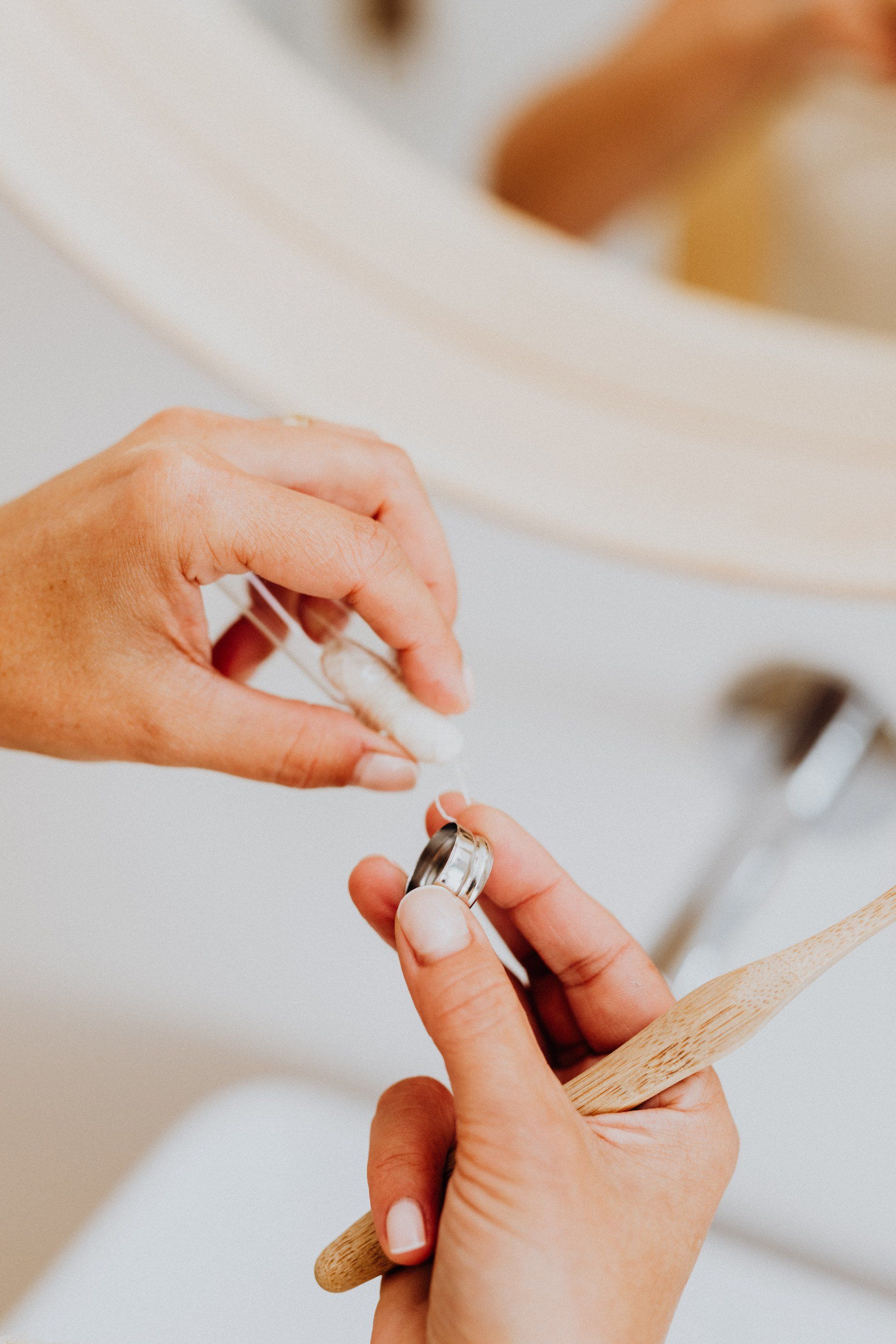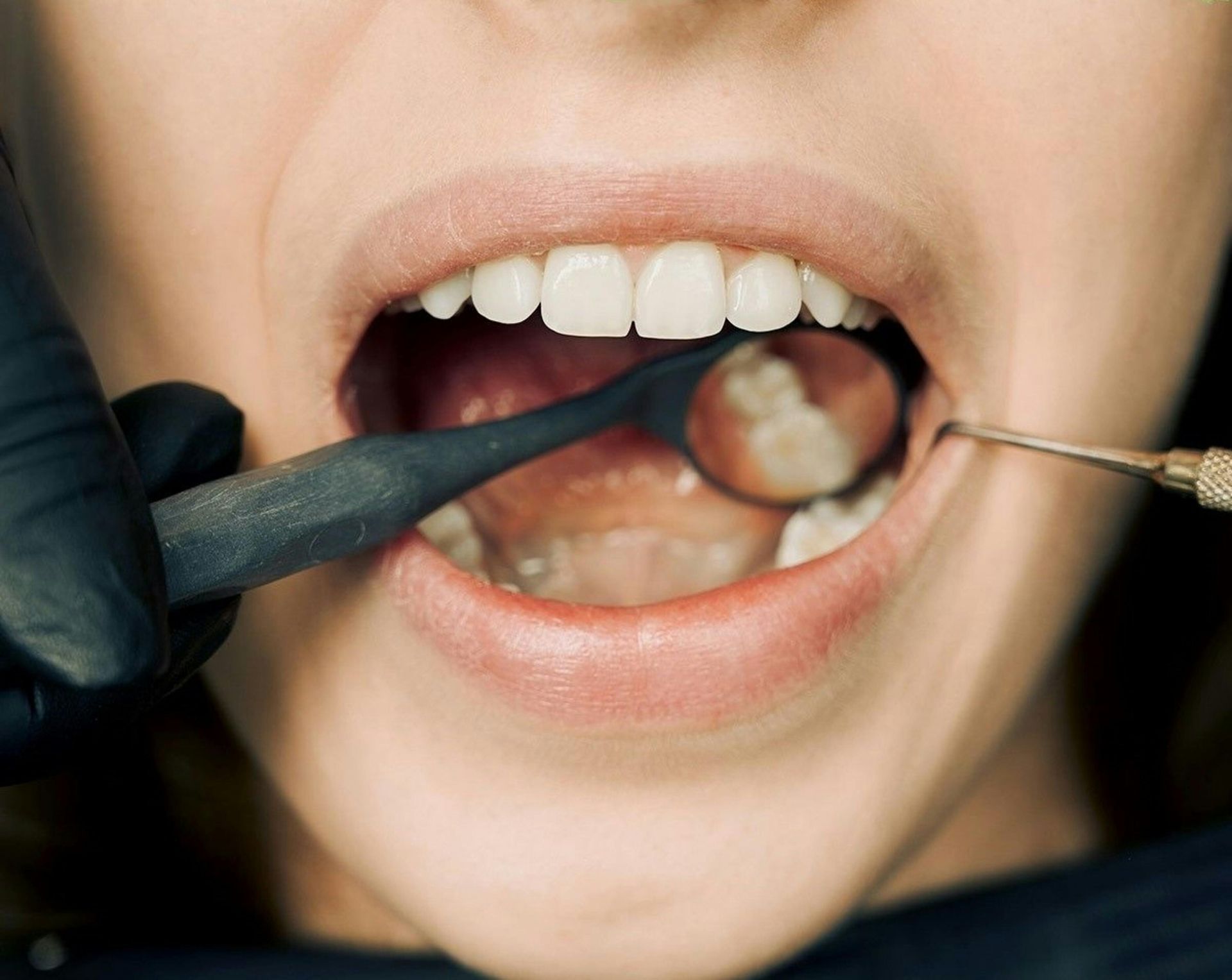
Unraveling the Threads of Optimal Oral Hygiene
Q: Why is flossing crucial for dental health?
A: Flossing reaches the parts of the mouth that toothbrushes miss. It efficiently removes food particles and plaque, thus preventing potential gum diseases and cavities, as highlighted by the American Dental Association.
Q: How often should I floss?
A: For optimal oral health, daily flossing is recommended by experts like the Mayo Clinic. It prevents the hardening of plaque into tartar, which is a known precursor to dental issues.
Q: What's the best time to floss?
A: Consistency is key. However, flossing at night may be more advantageous because it ensures cleanliness during the period of reduced saliva production while sleeping.
Q: Which should come first: brushing or flossing?
A: A study in the Journal of Periodontology suggests that flossing prior to brushing can lead to more efficient fluoride contact between teeth, making it more effective.
Q: What's the difference between waxed and unwaxed floss?
A: Both variants are effective at plaque removal. Waxed floss glides easier between tight teeth spaces, while unwaxed gives a thorough clean sensation.
Q: Are there sustainable flossing options?
A: Yes, with sustainability in focus, options like biodegradable silk floss, bamboo fiber floss, and refillable glass container floss are gaining popularity.
Q: Should I be concerned about bleeding gums while flossing?
A: Occasional bleeding can happen if you skip flossing days. However, if it's consistent, it's best to consult a dentist, as it could indicate underlying gum issues.
Q: How can I effectively floss with braces?
A: Utilizing orthodontic flossers, floss threaders, or interdental brushes can make flossing with braces more efficient and comfortable.
Q:
Can I replace flossing with mouthwash?
A: While mouthwash kills bacteria, it doesn't remove food particles and plaque. Therefore, flossing remains irreplaceable for a comprehensive oral hygiene routine.
Q:
What's the efficiency of water flossers compared to traditional floss?
A: Water flossers provide a unique cleaning approach, especially beneficial for those with dental appliances. However, their efficiency is largely user-dependent.
Q:
Do flavored flosses work as well as traditional ones?
A: Absolutely! The added flavors, ranging from mint to more exotic options like coconut, are for user enjoyment and do not compromise the effectiveness of the floss.
Q: What's the buzz around "floss parties"?
A: Floss parties are a contemporary, fun way to promote oral hygiene, especially among younger demographics. These events combine learning with social interaction, making dental care more appealing.
With dental health being a cornerstone of overall wellness, flossing emerges as a non-negotiable practice. Whether you're a regular flosser or just starting, this guide sheds light on all you need to know. Here's to impeccable dental health and shining smiles!
Check out
this post for more on flossing.









